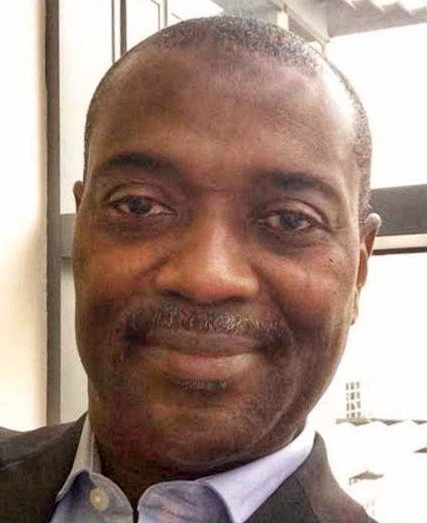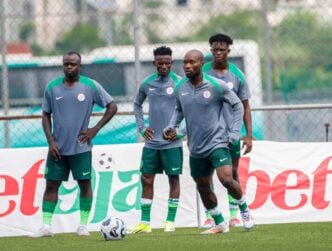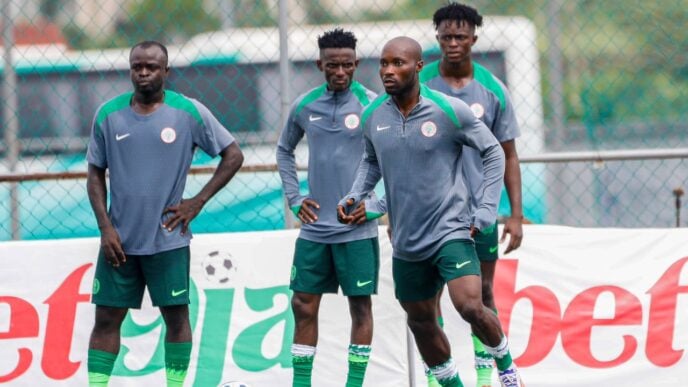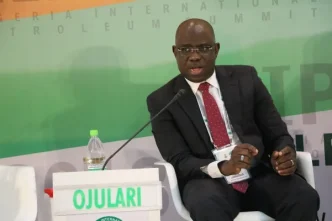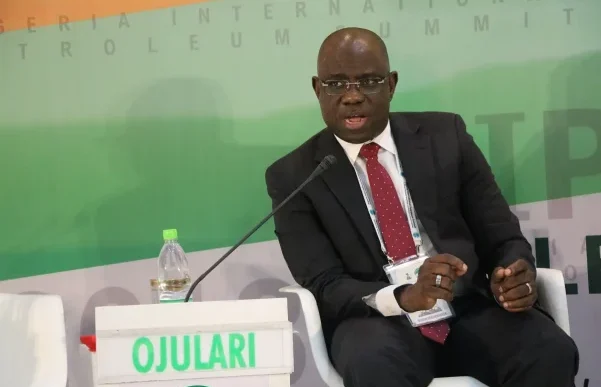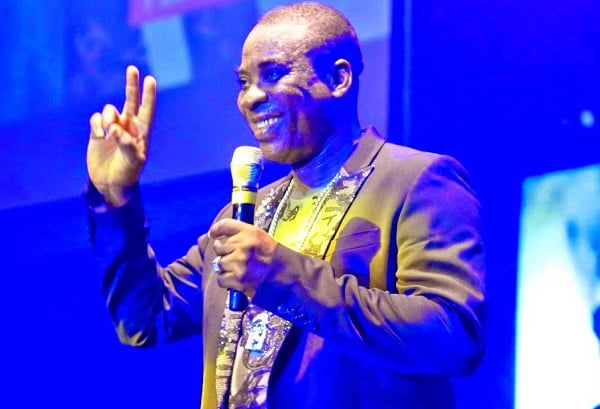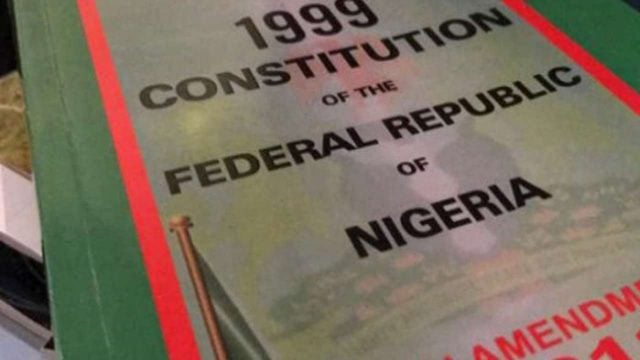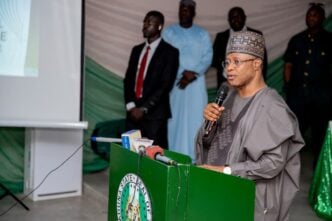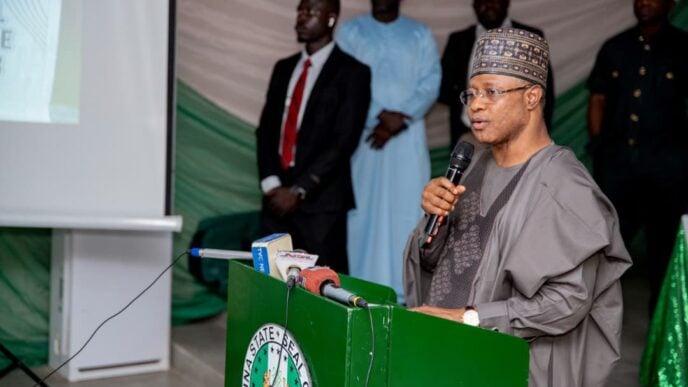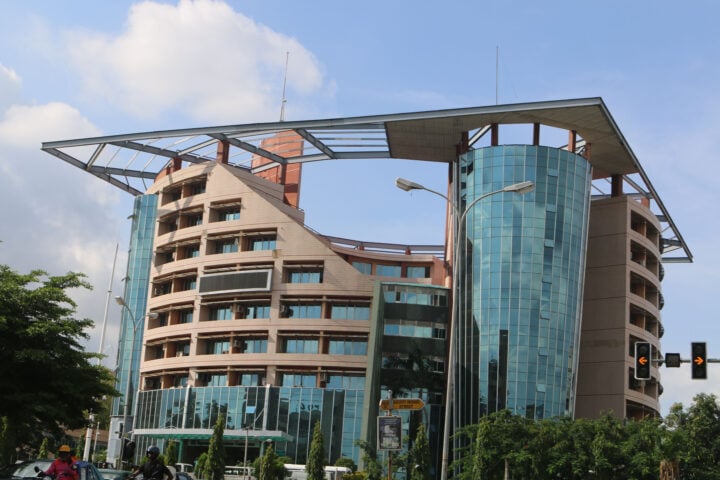The national conversation in Nigeria is a familiar one, a perpetual state of lament. We gather in living rooms and on social media, united in a collective chorus of frustration, all eyes fixed on the perceived failures of our government. It is a convenient and comforting narrative: the leaders have failed us, the system is broken, and the country’s woes are a testament to their incompetence and corruption. This consensus, however, is a mirage. It is a shared illusion that allows us to point fingers without ever turning the gaze inward.
What if the root of our problems lies not in the halls of power, but in the heart of our society? What if the government we so readily condemn is merely a reflection of the values we ourselves hold dear, a product of a social contract we have collectively, and perhaps unconsciously, forged? The true challenge we face is not simply replacing one set of leaders with another, but confronting the uncomfortable truth that we, as a people, are deeply complicit in the state of our nation.
Our society is undergoing a vicious cycle of avarice and apathy. Let us explore a crucial lens through which to view this issue, contrasting our societal values with those of others. While the British and Scandinavians are indoctrinated from childhood to prioritise the “common good,” Nigerians, like Americans, often value wealth as the ultimate arbiter of success. In this view, wealth is not merely a tool for personal comfort but a prerequisite for making a positive impact. “To many Nigerians, you are nothing without wealth,” a chillingly accurate sentiment that explains the desperation and greed that have become hallmarks of our society. This single-minded pursuit of riches, even by the most pious among us, has created a culture where the ends—financial success and the ability to “help the poor”—are seen to justify the means, no matter how corrupt.
This ethos stands in stark contrast to the values we ostensibly inherited. While we may have mastered the British colonial legacy of corruption and hypocrisy, we conveniently discarded their emphasis on community and civic duty. Instead, we embraced a hyper-individualistic worldview, a societal version of the “God for us all, every man for himself” philosophy. We have perfected some of our “British inheritance” to the point where they will be green with envy, looking at us today. Think corruption and think religion, as excellent examples. Today, they can neither recognise their own religion, which they passed to us, nor translate our corruption into any understandable form.
Advertisement
I am neither promoting Britishness nor Americanness. I am trying to understand how we may be similar to or different from these two countries, and why. How can anyone justify or rationalise the utter wickedness associated with the British globally in the days of British imperialism? Examples abound, with many so difficult to decipher and accommodate within reason. The American exceptionalism over the last decades, from the only country that has ever used an atomic bomb in the world to the various unholy removals of governments around the world, the suspected murder of leaders, as well as the repeated brutal “rape” of countries, creating and perpetuating wars and human suffering in many parts of the world, suffices.
This collective turn towards selfishness is what fuels the monstrous corruption that now defines our politics. The mind-boggling sums of money reported stolen by public officials are not just isolated incidents; they are symptoms of a national disease. But to focus solely on the politicians is to miss half the story. This corruption is mirrored at every level of society. The civil servants who demand bribes for a routine task, the customs officers who look the other way for a fee, the bankers and artisans who live beyond their means—they are all part of the same system.
As George Orwell wrote in Nineteen Eighty-Four, “The Party seeks power entirely for its own sake. We are not interested in the good of others; we are interested solely in power.” While Nigeria may not have an all-powerful “Party,” the sentiment holds true for a society where collective action is often driven by self-interest and a desire for personal gain, with power being a means to that end. Our leaders, therefore, are not aberrations; they are the most successful practitioners of a value system that we all, in our smaller ways, participate in.
Advertisement
In many Nigerian gatherings, you will see all manner of professionals: public servants, civil servants, customs officers, immigration staff, prison officials, bankers, teachers, academics, health workers, and artisans, to name a few, most of whom have demanded bribes that prevent the completion of tasks unless inducements are paid. The rest of the people in the group will, perhaps, be living above their means in houses their day’s job pay cannot afford, driving cars they cannot buy ordinarily with their 3 years unspent pay, living in houses you cannot explain how it was built, paying annual rents that is the total of their 5-year pay just to name a few examples. You cannot and should not confront them with these obvious vices because it is the Lord’s doing. Unless you want to be tagged an enemy or one with “bad belle”, you should be happy for them because it is their time. However, they will agree that everyone in government is corrupt. They are clean, and whatever accusations they may face are merely a token, which is further exacerbated by the government’s failings. After all, if the leaders and the government officials were not corrupt, everything would work, and things would not be the way they are if you think about it. Essentially, it is still not their problem, and they have contributed nothing to Nigeria’s failings.
It is imperative to examine the voices from the periphery: The Educated elite and the Diaspora, two groups that should, by all accounts, be a force for positive change. The educated Nigerian, armed with a better understanding of facts and a wider worldview, has a moral obligation to be a beacon of truth. Yet, many choose to be purveyors of misinformation and rumour, allowing political biases to cloud their judgment. They amplify false narratives and engage in the kind of partisan bickering that prevents any meaningful progress. Their education, instead of making them objective truth-seekers, often makes them more effective at spreading division. My assertion is a poignant one: “When you meet that person who argues that a particular government has not done a single good thing or argues that everything the government has done is commendable, you need to stop listening to them.” This is a call to intellectual honesty, a plea to abandon the all-or-nothing thinking that has paralysed our national discourse.
Similarly, the Nigerian diaspora, often seen as a source of fresh ideas and global perspectives, frequently contributes to the noise rather than the solution. Living in seemingly “superior” abodes with reliable infrastructure and social services, many mistake their privilege for superior intelligence. They arrogantly pontificate on Nigeria’s problems without a true understanding of the complex realities on the ground. Unfortunately, they often have a poor grasp of the very societies they inhabit, yet feel qualified to lecture their compatriots at home. They are among the loudest voices on social media, fuelling the cycle of outrage and division, often without offering any constructive solutions. Their contribution, in this sense, is less about building a better Nigeria and more about performative anger from a safe distance.
What then is the way forward? A moral and collective reawakening is required. To get Nigeria moving again, we must first accept that we are who we choose to be. Every single part of Nigeria has claimed marginalisation at one point in time or another – north, south, east, west, Hausa-Fulani, Igbo, Yoruba, and minorities. Is it not strange that we are all marginalised, and who exactly has been favoured and perpetuating the marginalisation? The blame-game, the accusations of marginalisation from every corner, the unanimous agreement on government failure—these are all coping mechanisms that allow us to avoid personal responsibility. The path to a better future is not a new government or a new set of leaders; it is a fundamental shift in our collective mindset.
Advertisement
This journey must begin with an honest conversation about our values. We have to look in the mirror and ask ourselves if the relentless pursuit of individual wealth at the expense of the common good is truly serving us. We must acknowledge that our well-being is not solely dependent on a distant and often-flawed government, but on our own actions and our collective commitment to a new social contract.
As the great philosopher Jean-Jacques Rousseau wrote in The Social Contract, “Man is born free, and everywhere he is in chains.” In Nigeria, many of those chains are self-imposed, forged by a culture of apathy and a willingness to compromise our own integrity for personal gain. To break free, we must embark on a moral and collective awakening. We must demand a new kind of leadership, one that reflects a new kind of citizenry. This is a long and difficult path, but it is the only one that will lead to a truly great Nigeria.
This is a choice many countries have made throughout history. The decision to prioritise integrity, honesty, and the common good over personal ambition is not a given; it is a deliberate act. It is a choice we must make, together, for our children and for the future of our nation.
Gbadamosi can be reached at [email protected]
Advertisement
Views expressed by contributors are strictly personal and not of TheCable.
